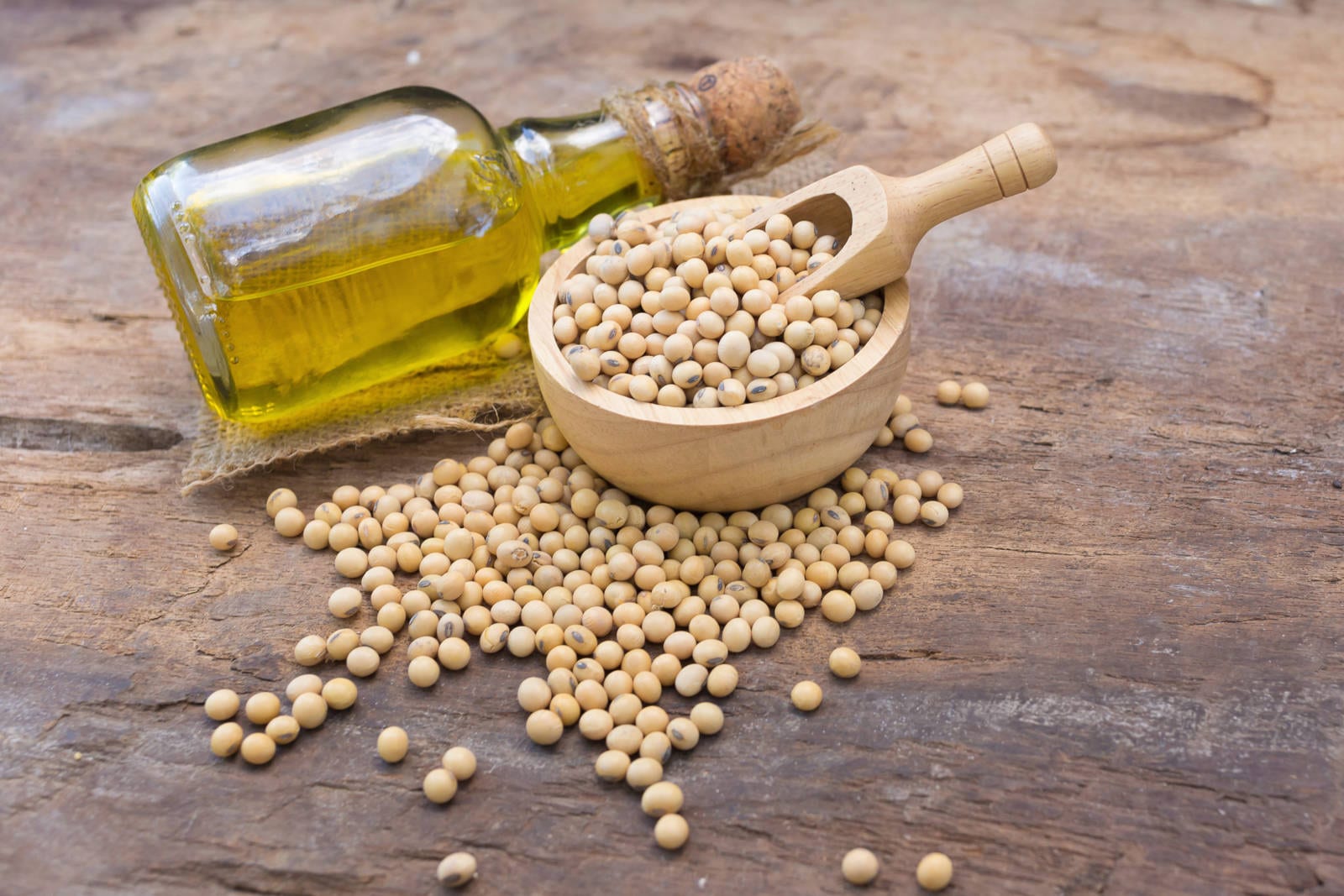Cooking is more than a favorite hobby for Andrea Aguilar – it’s also her livelihood. The Merida, Mexico native noticed that culinary schools in Mexico’s Yucatan Peninsula focused their curricula on French cuisine, so fifteen years ago she opened the doors of Culinaria, a culinary school that emphasizes Mexican ingredients. She spoke with the U.S. Soybean Export Council (USSEC) last fall, as her students prepared a six-course meal featuring U.S. Soy for the U.S. Soybean Oil Latin America Summit.
Q: What void did you see in your community that inspired you to open a culinary school?
A: It’s been a hard job, but we’re very proud because we were the first ones to settle down in Merida. There were no other schools here when we opened, but now there are many because of a lot of demand.
Q: What ingredients do your students incorporate into their classroom assignments?
A: We like to make sure the students here in Culinaria start with basic local cuisine, not the French cuisine like most of the world works around. We place a lot of emphasis on Mexican cuisine. You’ll see banana leaves, limes, figs, oregano, and fresh parsley. We like to work with organic things, natural ingredients, and oils. The main purpose of this school is to make sure the students learn about Mexican food first, then Italian, Asian, French later on.
Q: What role do oils play in your cuisine?
A: For the first year of the culinary cooking degree the students have to work with lots of ingredients, and one of the most important is oils. We emphasize soya, coconut, other oils. We use them for frying, salads, vinaigrettes and more.
Q: What benefits do you see to cooking with soybean oil?
A: We like to work with soybean oil to do frying. Specifically soya helps with the taste, with the flavor of the food, it helps to make the frying easier and doesn’t burn that quick. We think soy and coconut are healthful. Flavor is the main point. We like the most natural flavor.
Q: How important is sustainability to diners in Merida?
A: Sustainability is a big topic. Here at the school we have a place where we grow our own ingredients. There’s also a local market where people sell homegrown vegetables and peppers.
Q: As we’re speaking, your students are preparing an elaborate dinner for Latin American customers of U.S. Soy. What’s on the menu tonight?
A: Tonight we have five chefs from all around South America – Guatemala, Peru, Colombia, Mexico, etc. Two students are paired with each chef preparing traditional dishes like octopus fried in soya oil, meats, lobster and shrimp – all cooked in soybean oil for frying or sauce. The meal will feature a huge range of appetizers, entrees and desserts. It will be a delicious night.
Q: What trends do you see in culinary education?
A: I think all schools should work with local products and make it most sustainable, studying the food where they are.
